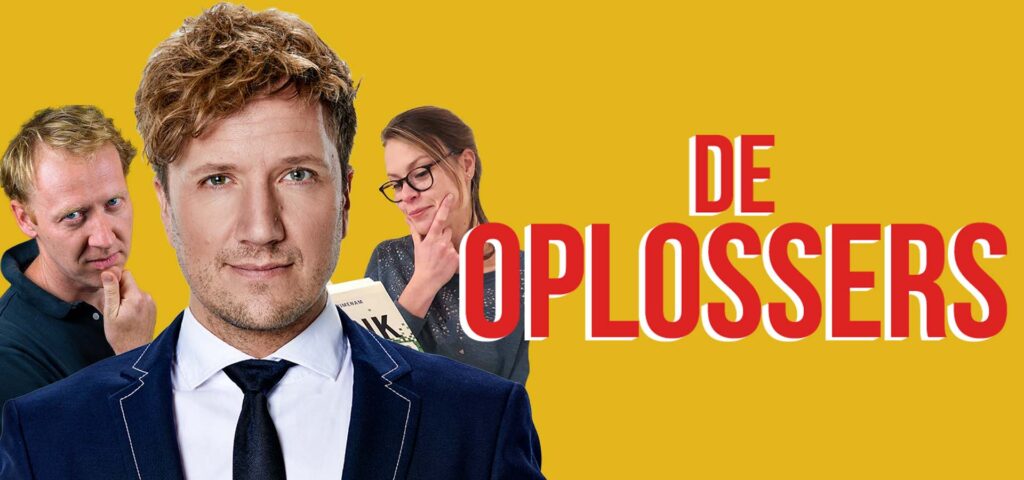How to Design Public Space for Maritime Mindsets? That’s a central question in the new Minor ‘Minor (Re)Imagining Port Cities: Understanding Space, Society, and Culture’.
Tag Archives: public authority
Waterfront as Environmental Infrastructure
The waterfront is a fragile and thin marginal area where multiple interactions occur between the city and the water. It is not a border or a limit. On the contrary, it is a meeting space, an interchange area, a transition – and tension – between different biological communities. Like all environmental frontiers, the waterfront is an ecosystem with a dynamic and precarious balance. Water-related challenges such as protection from wave motion, and adaptation to multiple conditions (e.g. hydrogeological, health, and environmental risks), albeit relevant, are often addressed in a sectorial way through confusing and ineffective procedures and plans. The centrality that the environment assumes in the transformation processes of the land-water interfaces requires the preparation of a design approach that aims to operate as a device capable of providing a response to social and ecological rebalancing, in terms of resilience as well as energy efficiency, reduction of greenhouse gas emissions and environmental safety. Urban design solutions need to consider the availability of resources; social-environmental changes are confronted with the long time of ecological-environmental processes and adaptations. At the same time, targeted interventions correlate with the many ongoing and planned activities in the specific territories.
According to this approach, the concept of a waterfront becomes an environmental infrastructure, overcoming obsolete ideas of waterfronts as purely related to commercial development. The design of a waterfront is incremental and inter-scalar and it considers the risks and socio-ecological environmental fragility of coastal territories as priority themes to trigger urban, and territorial, regeneration.
Faculty of Architecture, TU Delft
September 8, 2022
15:00-17:00h
Matteo Di Venosa (speaker)
Carola Hein (discussants)
Paolo De Martino
Elise van Dooren
Maurice Harteveld
Solving the Dutch Housing Crises

| The Port of Rotterdam as Solution The Dutch housing shortage is manifesting itself on all fronts. There are too few rental properties, but also too few homes for starters, large families, and retirees. Mortgage rates are low, but house prices are skyrocketing. And those who do not qualify for social housing will pay themselves blue. How do we ensure that everyone has the right to a suitable home? . “Anchorman Klaas van Kruistum, Michiel Hulshof of Tertium and Claire van der Meer of the Universiteit van Nederland believe that every complex problem has a solution. And together we use the best of Dutch science to find it!” . In episode 2 of ‘De Oplossers’ of KRO-NCRV, Maurice Harteveld explains how the current harbour areas of Rotterdam could be the game changers in the housing crisis. Do we want to sacrifice the green pastures around the city or the harbour areas with large-scale polluting industries? |
De Rotterdamse Haven als Oplossing De Nederlandse woningschaarste manifesteert zich op alle fronten. Er zijn te weinig huurwoningen maar ook te weinig woningen voor starters, grote gezinnen en gepensioneerden. De hypotheekrente is laag, maar de woningprijzen rijzen de pan uit. En wie niet in aanmerking komt voor een sociale huurwoning betaalt zich blauw. Hoe zorgen we ervoor dat iedereen recht heeft op een geschikte woning? . “Presentator Klaas van Kruistum, Michiel Hulshof van Tertium en Claire van der Meer van de Universiteit van Nederland, denken dat elk complex probleem een oplossing kent. En gebruiken samen het beste van de Nederlandse wetenschap om die te vinden!” . In aflevering 2 van ‘DeOplossers’ van KRO-NCRV legt Maurice Harteveld uit hoe de huidige havengebieden van Rotterdam weleens de gamechangers in de Wooncrisis kunnen zijn. Willen we het groene weiland om de stad opofferen of de havengebieden met de grootschalige vervuilende industrie? |
where:
Episode #2 – Woningtekort
KRO-NCRV, NPO Radio 1
Friday 17 December 2021
.
Listen as podcast: NPO Radio 1 – De Oplossers, or via Spotify, Apple Podcast, Podtail, and Google Podcast.
Cross-Media Website: De Oplossers
More: KRO-NCRV Press Release
Ethical and Social Values in COVID-times
Design for Values in Times of COVID19
Creating Responsible Innovations respecting Ethical and Social Values
The COVID-19 pandemic is hitting people and businesses hard. The attempt to protect people from this life-threatening disease has changed how we perceive the role of governments, businesses, and all other stakeholders in providing safe housing, sanitation, workplaces, and safe public space to name a few. These are issues architecture, urban design, and spatial planning must address.
Continue reading
Public Space under COVID-19

TU Delft Joins ‘2020: A Year without Public Space under the COVID-19 Pandemic’
Social distance dictated by COVID-19 health emergency affects access to public space and with it creating a range of impacts on different levels. While global lockdown is destabilizing economy and challenging country leaders, at the human level the pandemic is generating isolation and loneliness, with a significant raise of helplessness and fear. Everyone is asked to stay home and rearrange daily routines and work activities in indoor domestic spaces, looking at the world from behind a window. People are dying alone, numbers are increasingly high. Outdoor physical activities are no longer allowed. Many governments seem to lack proper strategies to manage the risk of massive contagion. In the Global South the poor living in informal settlements have scarce access to water, washing hands could be dangerously impossible.
What is the future of public space? How can we face this unprecedented emergency and get prepared to its consequences, in specific regard to health disparity? Will public space restrictions stay in place after recovering from the pandemic?
Is there something we can do now all, together? Delft University of Technology, a worldwide recognised leader in the field of urban design and public space, unites with more than twenty universities globally in the ‘2020: A Year without Public Space under the COVID-19 Pandemic’ initiative. DDfV researcher Maurice Harteveld explains:
“We observe differences in behaviour in public space under the current circumstances. Differences that relate to different societal and personal priorities based on different social and personal values. Altered patterns in our cities are updating the way human behaviour informs urban design, hence the design of public space, but foremost the emerging differentiation in values effect in the design choices we are making in the near future.”
Democratic, Inclusive, Agential Cities

This article highlights the dynamics of values in our reasoning on public space. By means of an epistemological study, illustrated by examples in the Dutch city of Amsterdam, it tests the contemporary premises underlying our ways to safeguard the inclusive, democratic, agential city, and, as such, it aims to update our view on public space. The article raises three subsequent main questions: [i] Is the city our common house as perceived from the Renaissance onward, containing all, and consequently are public spaces used by the people as a whole? [ii] Is the city formalising our municipal autonomy as emphasised since the Enlightenment, in an anti-egoistic manner, and in this line, are public spaces owned by local governments representing the people? And, [iii] is the city open to our general view as advocated in Modern reasoning, restricting entrepreneurial influences, and synchronically, is its public spaces seen and/or known by everyone? – Inclusiveness, democracy, and agentiality are strongholds in our scientific thinking on public space and each issue echoes through in an aim to keep cities connected and accessible, fair and vital, and open and social. Yet, conflicts appear between generally-accepted definitions and what we see in the city. Primarily based upon confronting philosophy with the Amsterdam case for this matter, the answering of questions generates remarks on this aim. Contemporary Western illuminations on pro-active citizens, participatory societies, and effects of among others global travel, migration, social media and micro-blogging forecast a more differentiated image of public space and surmise to enforce diversification in our value framework in urban theory and praxis.
Read full article online:
Harteveld, Maurice (2019) ‘Reviewing Premises on Public Spaces in Democratic, Inclusive, Agential Cities, illustrated by Amsterdam’, In: The Journal of Public Space, 2019, Volume 4, Number 2, pp. 123-143
The Journal of Public Space is open access, contents are freely accessible under Creative Commons Attribution-NonCommercial 4.0 International License (CC BY NC).
For the full issue: Vol. 4 n. 2 | 2019 | FULL ISSUE
Editors: Maurice Harteveld and Hendrik Tieben
Managing Editor: Luisa Bravo
Publisher: City Space Architecture / UN-Habitat
Public Space and Inclusive Cities
How do we make public space that is inviting for all? What is public space in open cities? What can we learn from public space abroad? Three interesting lectures to inspire and to take lessons from. Sharing visions on public space at the HUA in Amersfoort.
Continue reading
